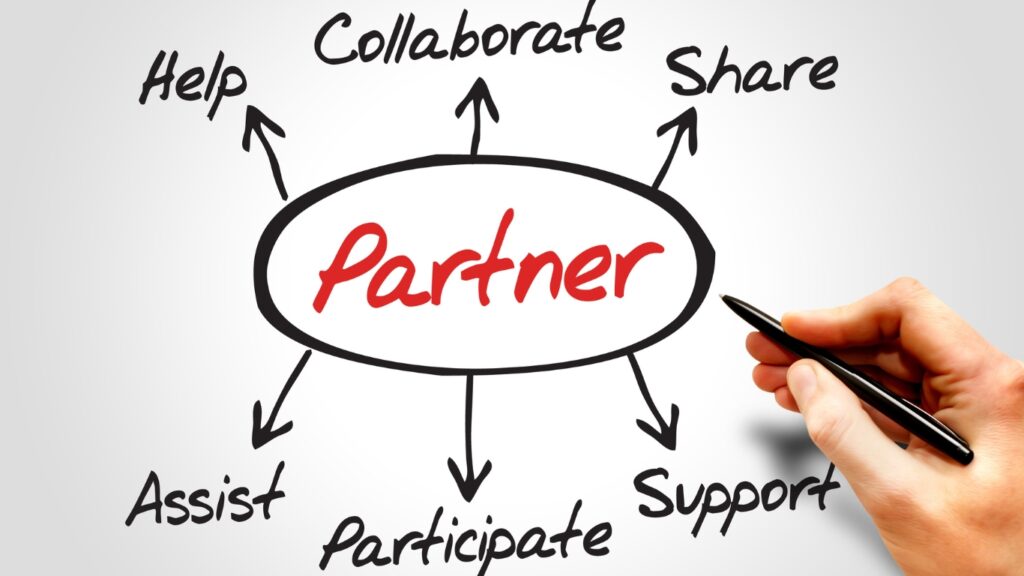
Best Ways For Improving Diversity, Equity, and Inclusion For Nonprofits

By Mary Adeyemi
INTRODUCTION
Diversity, Equity, and Inclusion (DEI) is an important component of any nonprofit organization. DEI is not just about having a diverse workforce or creating a diverse environment in the office; it is about creating a workplace and an inclusive and equitable culture that encourages a wide range of perspectives and backgrounds. Nonprofits, in particular, have a unique responsibility to ensure that their DEI initiatives are effective and that their organization is a leader in the field.
Identifying Areas of Improvement

As a nonprofit organization, you have a unique opportunity to make a difference in the communities you serve, but to do so, you must ensure your diversity, equity, and inclusion (DEI) initiatives are up-to-date and effective.
Assessing current DEI initiatives for nonprofits is essential to identify areas of improvement. Your organization should start by evaluating internal culture, policies, and practices to determine if any changes need to be made. Assess your external relationships and outreach strategies to ensure you are being inclusive of all stakeholders. It is also important to review your hiring and recruitment processes to ensure creating a diverse and equitable workplace.
To identify areas of improvement, your nonprofit organization should consider its organizational structure, policies, and practices. Assess whether these structures are inclusive and equitable and identify any opportunities to increase diversity among your staff. You should also review your processes and procedures to ensure they are accessible and equitable to all stakeholders.
External environments, such as community partners, donors, and other stakeholders are also a great factor to consider. Take note of the diversity of your partners and identify any opportunities to deepen your relationships with diverse organizations and individuals. Review your marketing and communication strategies to ensure they are inclusive and equitable.
Recruiting and Retaining Diverse Talent

Attracting and retaining diverse talent requires an intentional effort on the part of the organization. Here are some steps to take to create an inclusive environment:
a. Evaluate Job Postings for Inclusivity:

Take a critical look at job postings and analyze them for potential language or requirements that could create an exclusionary environment. 76 percent of organizations ask job candidates to complete personality tests. Doing so helps companies understand their strengths, weaknesses and gaps and build a company culture that supports extroverts, introverts and everyone in-between. Use gender-neutral language and be open to a broad range of candidates.
b. Offer Competitive Salaries and Benefits:
Offering competitive salaries and benefits can help attract a more diverse pool of applicants. Consider offering flexible hours, remote working options, and other forms of compensation that will appeal to a wider range of applicants.
c. Implement Diversity Training:
Diversity training helps to create a more equitable and inclusive workplace. Employees should receive training on unconscious bias, cultural sensitivity, and communication strategies. This training should be ongoing and tailored to meet the organization’s needs.
By creating a more inclusive environment, your nonprofit organization can attract and retain top talent from various backgrounds and experiences.
Promoting DEI in the Workplace
Companies in the top 25 percent for gender-diverse executive teams were 25 percent more likely to have above-average profitability than companies in the bottom quartile, according to 2019 McKinsey research.
Let’s take a look at some easy steps in promoting Diversity, Equity, and Inclusion for your nonprofit organization:
a. Establishing a company-wide DEI policy

A company-wide diversity, equity, and inclusion (DEI) policy is a critical step in promoting DEI in the workplace. DEI policy should include statements on the company’s commitment to diversity, equity, and inclusion, as well as specific goals for DEI-related initiatives.
Fewer than half of U.S. states have laws in place that protect employees from discrimination based on sexual orientation and gender identity.The policy should also include guidelines for employers and employees on how to promote DEI in the workplace, including expectations for respectful and inclusive behavior.
b. Offering DEI-focused training and education
To ensure all employees understand the company-wide DEI policy, it is important to provide education and training on DEI topics. This could include seminars, workshops, webinars, or other learning opportunities. These initiatives should focus on topics such as understanding privilege, cultural competency, and creating a safe dialogue space. Additionally, consider creating a library of DEI-focused resources and materials for employees to access at their own pace.
c. Creating a safe and inclusive environment
A successful DEI initiative requires an environment where everyone feels accepted and respected. There should be consistent and open communication between all company members to create this type of atmosphere. This could include regular check-ins with teams, setting up anonymous feedback systems, and providing a safe space for employees to voice their concerns. Recognize your employees’ successes and ensure that everyone feels valued and appreciated.
Leveraging Community Resources To Improve DEI
Partnering with local organizations for DEI is an important step for nonprofits looking to increase diversity, equity, and inclusion (DEI). By engaging with community-based organizations, nonprofit organizations can access a range of resources and expertise, as well as gain a better understanding of the local community. Working with local organizations can help nonprofits better identify and address issues of underrepresentation and inequity, and ensure that they are taking an informed and meaningful approach to DEI.

Investing in the community is another key way for nonprofits to improve DEI. Nonprofits can work with local organizations to invest in the community through scholarships, job training and mentorship programs, and other initiatives that can help close the opportunity gap for those from marginalized backgrounds. Nonprofit organizations can also use their financial and human resources to fund research and initiatives that can foster greater inclusion and equity. Through co-creation, nonprofits can develop initiatives and solutions that are tailored to the local context, ensuring that they meet the needs of the community.
Conclusion
By following these steps, your nonprofit organization can create a diverse, equitable, and inclusive workplace. This will not only help create a stronger and more effective team but also foster a culture of inclusion and respect. It is important to prioritize DEI initiatives and strive to create a workplace where everyone feels welcomed, respected, and supported. Take action now and make DEI initiatives a priority!